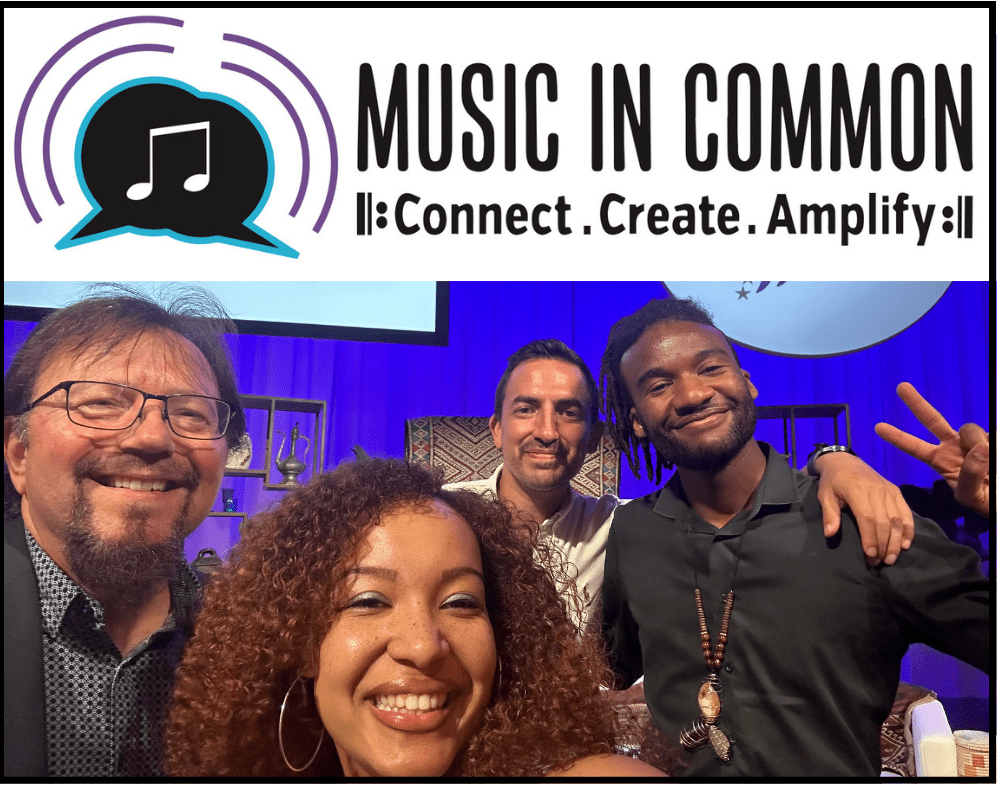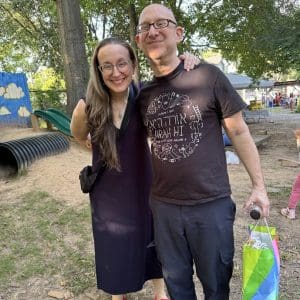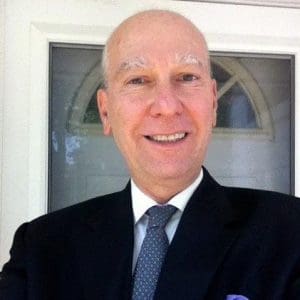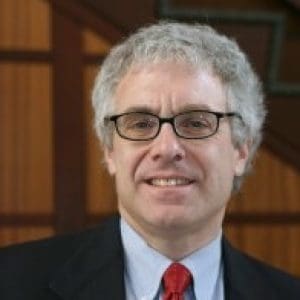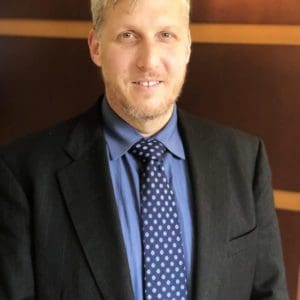LECH L'CHA 5777
AS WE ARE REMADE
November 10, 2016
9 Cheshvan 5777
Abram took his wife Sarai and …. the souls they had made in Haran, and they set out for the Land of Canaan. (Genesis 12:5)
God is not through with you, He's got work that only you can do … You are an unformed work in progress … You are capable of being far more than you ever thought possible (Folk sayings).
The commentators interpreted the clause "all the souls they made in Haran" as referring to the men and women that Abraham and Sarah successfully converted to a belief in the one God. Yet why refer to conversion as making a soul?
A plausible rationale for this interpretation is that conversion to Judaism necessitates total commitment to a.process that culminates in a belief in one God plus a life style of Jewish practices and ritual. In this sense a convert may be described as being made – or more accurately remade – into a new spiritual being..)
Ritual immersion in a mikveh (ritual pool) culminates the conversion process. With this act, converts affirm their new status as Jews-by – Choice. The man or woman who emerges from the full immersion will henceforth begin a new journey in life. As newborns have their whole lives before them, so do converts who begin their new lives as Jews. This insight is at the base of the contention that we perceive the convert as being made or remade.
The couple under the chuppa refashion themselves. They who until that moment, were singles, are now spouses. The birth of a child will remake then into parents. As life unfolds they may become grandparents. Life passages inevitably bring about a refashioning of our lives.
Individuals who suffer from various addictions are urged to submit to various twelve step programs in an attempt to remake themselves. We rejoice when they do take control of their lives; such men and women have remade themselves.
Many of us are familiar with the phenomenon of the ba'al teshuvah, the individual who has embraced a Jewish life style of intense observance of seemingly countless rituals. Their "new persona" of "Remade" Jews by Choice is generally to family and friends a source of both amazement and consternation.
The High Holidays challenge us to examine our lives and then engage in acts of teshuva (repentance). It's a process that demands deep introspection, and the courage to admit our failures. If we succeed in slightly moving the needle we have remade ourselves. The basic charge of these days is to accept that we can always be better today than we were yesterday. We can and do change in a myriad of ways and whether we approve or not, the reality is that as long as the breath if life is within us, God is not through with us.
Addendum
I am writing the day after the election with its stunning, and for many, an unbelievable result. Pundits and commentators wasted no time to inundate the air waves, cyberspace and print media with a slew of analyses of the factors that contributed to Trump's victory and Clinton's defeat.
What seems obvious is that the election returns reflect that our society is in the process of refashioning itself. Come Jan 21 our nation will have a new administration headed by a maverick whose success has confounded so many. This election has obviously moved the needle, and hopefully the projected new look will be a harbinger of positive change enabling a remade and less polarized America to emerge.
We will soon learn whether today is a better day than yesterday and whether future tomorrows will be better than today. In any event we have been reminded that God is never through with both individuals and societies.
—
From the holy city of Jerusalem, Rae joins me in wishing you a Shabbat Shalom u'Mevorach– a Shabbat of peace and of blessing.
Rabbi Arnold M. Goodman
NOAH 5777
OF NOAH AND OF MOSES
November 3, 2016
2 Cheshvan 5777
The biblical ext is clear; Noah was a tzadik (a righteous man) in his generation. Given the total moral breakdown of his day, his steadfastness should] be admired and celebrated. Many traditional commentators, however, interpreted the phrase, "in his generation," as a putdown.
This school of thought contended that the phrase affirms that Noah appeared to be a tzadik in his generation of unbridled sinning. It is only when compared to his peers that he shone as a bright light. Had Noah lived at the time of Abraham, his moral failings would have been apparent.
Rabbi Chaim Navon sharpens this critique of Noah. He notes that the Hebrew word tavah appears twice in the Torah. The first in relation to Noah who was told to build a tayvah, the word that is translated as ark. Tayvah is also used to describe the "basket" in which baby Moses was placed so that he might float down the river. Thus both Noah and Moses were shielded from harm by being placed in a tayvah.
Navon also underscores that God's decision to destroy the world reflected His deep regret that he made man on earth. Hence the Divine edict, "and I will blot out from the earth the men who I created." (Genesis 6: 6.7)
The great sin of the Golden Calf incensed God. In his rage he informed Moses that He would destroy the entire community He had liberated from Egypt and make of him (Moses) a great nation heretofore known as the Children of Israel, would henceforth bear the name Children of Moses. Moses, however, refused to sit by idly while his people were being destroyed. He implored God to grant them another chance and remarkably, "the Lord regretted (renounced) the punishment that He had planned to bring upon the people." (Exodus 32:14)
Contrast Moses' reaction to the Divine edict to destroy his generation to Noah's seemingly placid response upon being informed of the Divine plan to destroy his generation. Moses, in addition, rejected the offer to have a new nation, bearing his name, to come into being; he was on the contrary prepared to share in the fate of his people.
Noah failed in two ways, first by not interceding on behalf of his contemporaries, and second by willingly accepting God's offer to save him and his family, thereby assuring that he would be the progenitor of a new humanity.
Whereas Moses demonstrated selflessness, Noah exhibited only selfishness. Hence while he may have stood higher than his sinful peers, he clearly failed the selflessness test. Whereas Moses soared, Noah while perhaps more virtuous than anyone else, was bogged down by his inability to transcend his own needs and desires. He was more than satisfied to be assured of his own safety.
In the Biblical phrase, "in his generation", the Torah affirms this critique of Noah. While his steadfastness, compared to the immorality of his day, deserves to be celebrated and admired, our tradition reminds us of his great failure to be concerned about the fate of others. His decision not to challenge God and refuse to build the ark to save himself and his family reflected a streak of selfishness that Moses transcended.
Hillel in a later generation examined the tension between selflessness and selfishness in his well known teaching "If I am not for myself who will be for me, but if I am only for myself what am I?" (Ethics of the Fathers 1: 14) He recognized the human propensity to put one's self first. The ongoing challenge is to rein in this selfishness and when necessary to find the moral and psychic strength to embrace selflessness
While none of may hope to be described as a tzadik, we can and should examine our lives. Life's perpetual challenge is how will we respond in those crises of .life when we are called upon to weigh whether our decisions should be based solely on our self-interest? In essence at those moments, the question before us is will our model be Noah or Moses?
—
From the holy city of Jerusalem Rae joins me in wishing you a Shabbat Shalom u'Mevorach– a Shabbat of peace and of blessing.
Rabbi Arnold M. Goodman













